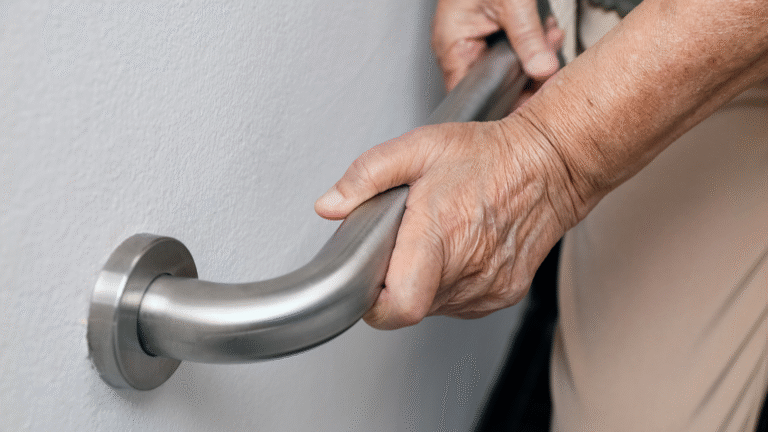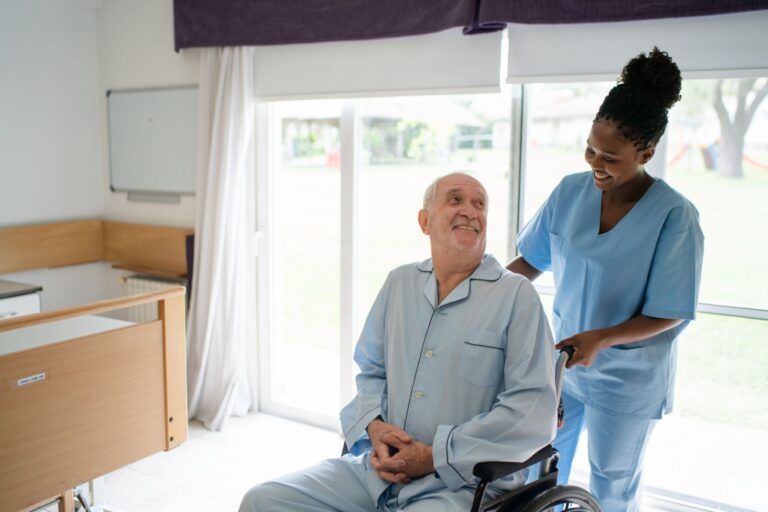Need Help at Home? We’re Just a Call Away. +1-781-457-6112

Caring for Aging Parents: Emotional and Practical Tips for Family Caregivers
Caring for Aging Parents: Emotional and Practical Tips for Family Caregivers
Caring for aging parents or a loved one is an act of profound love, but it can also be one of the most challenging roles you’ll ever undertake. Many family caregivers find themselves juggling their own careers, families, and personal lives while simultaneously providing essential support to those who once cared for them. The emotional toll can be immense, and the practical demands seemingly endless.
If you’re an adult child, a spouse, or another family member stepping into this role, know that you are not alone. This guide offers practical advice and emotional support to help you navigate this journey with greater ease and sustainability. It provides crucial caregiver support for those feeling overwhelmed.
How to Balance Caregiving with Work and Life
One of the biggest hurdles for family caregivers is finding equilibrium between their caregiving responsibilities and other life demands. It’s a tightrope walk, but not an impossible one.
- Communicate Openly: Talk to your employer about your caregiving responsibilities. Many companies offer flexible work arrangements, remote work options, or family leave benefits. Transparency can lead to unexpected support.
- Set Boundaries: It’s crucial to define what you can realistically do. You cannot be all things to all people. Learn to say no sometimes, even if it feels difficult.
- Create a Schedule (and Stick to It): While flexibility is key, a general routine for caregiving tasks can help you structure your days. Integrate caregiving tasks into your existing schedule rather than letting them consume it.
- Delegate and Share the Load: If you have siblings or other family members, hold a family meeting to discuss responsibilities. Even small contributions can make a big difference. Don’t be afraid to ask for help with groceries, appointments, or simply spending time with your loved one. This is vital for effective aging parents care.
- Utilize Technology: Apps for medication reminders, shared calendars, and communication tools can streamline care coordination among family members or professional caregivers.
Recognizing Caregiver Burnout and How to Prevent It
Caregiver burnout is a state of physical, emotional, and mental exhaustion. It’s a serious concern that can lead to negative health outcomes for the caregiver and compromise the quality of care provided.
Signs of Burnout:
- Feeling overwhelmed, anxious, or depressed.
- Loss of interest in activities you once enjoyed.
- Changes in sleep patterns or appetite.
- Frequent headaches or other physical complaints.
- Irritability or anger towards your loved one.
- Withdrawing from friends and family.
Preventing Burnout:
- Awareness is Key: Recognize the early warning signs. Don’t dismiss your feelings; they are valid.
- Prioritize Self-Care (More on this below): This isn’t selfish; it’s essential for your capacity to care.
- Seek Emotional Support: Talk to friends, family, or a therapist. Joining a caregiver support group can be incredibly validating, as you’ll connect with others facing similar challenges.
- Respite Care: Arrange for short-term care for your loved one, allowing you to take a break – whether for a few hours, a day, or a weekend. This can be provided by family, friends, or professional services.
- Professional Help: Understand when it’s time to bring in outside help. You don’t have to do it all alone.
The Importance of Self-Care for Caregivers
You can’t pour from an empty cup. Self-care for caregivers isn’t a luxury; it’s a necessity for sustainable caregiving. Make it a non-negotiable part of your routine.
- Schedule “Me Time”: Even 15-30 minutes a day for something you enjoy – reading, listening to music, meditating, or a short walk – can recharge your batteries.
- Maintain Your Hobbies and Interests: Don’t let caregiving consume your entire identity. Continue pursuing activities that bring you joy.
- Prioritize Sleep and Nutrition: These fundamental aspects of health are often the first to go. Make a conscious effort to eat well and get enough rest.
- Stay Active: Regular physical activity is a powerful stress reducer and mood booster.
- Mindfulness and Relaxation: Practice deep breathing, meditation, or yoga to manage stress and stay present.
When and How to Bring in Professional Help
Knowing when to bring in professional help is a critical step in preventing caregiver burnout and ensuring your loved one receives the best possible care.
Signs You Might Need Professional Help:
- Your loved one’s needs exceed your physical or emotional capacity.
- Safety concerns arise (e.g., falls, medication errors).
- You are experiencing significant stress, depression, or health issues yourself.
- Your loved one requires skilled medical care (e.g., wound care, IVs).
- You need respite to attend to your own needs or work.
How to Bring in Professional Help:
- Assess Needs: Determine what specific tasks or level of care is required (e.g., personal care, skilled nursing, companionship).
- Research Options: Look into home health agencies, non-medical home care agencies, adult day programs, or geriatric care managers.
- Consult with Doctors: Your loved one’s physician can often provide referrals to reputable home health agencies.
- Interview Agencies/Caregivers: Ask about their licensing, training, background checks, insurance, and how they match caregivers to clients.
- Discuss with Your Loved One: Involve them in the decision-making process as much as possible to ensure their comfort and cooperation. Frame it as getting “extra support” rather than “taking over.” This is part of holistic aging parents care.
Local Support Resources and Tools (Especially for Massachusetts)
Finding the right caregiver support systems is vital. Here are types of resources to look for, with specific examples relevant to Massachusetts:
-
- Area Agencies on Aging (AAAs): These are fantastic starting points. They offer information, referral services, and often direct programs for seniors and caregivers.
- For Massachusetts: Contact your Health Star Home Care LLC
- Caregiver Support Groups: Many hospitals, community centers, and non-profits host support groups.
- For Massachusetts: Look for groups through organizations like the Alzheimer’s Association Massachusetts/New Hampshire Chapter (even if your loved one doesn’t have Alzheimer’s, their support groups are often open to all caregivers) or local senior centers.
- Geriatric Care Managers: These professionals can assess needs, create care plans, and coordinate services. They are invaluable for complex situations.
- National Organizations:
- AARP: Offers extensive resources, guides, and advocacy for caregivers.
- Caregiver Action Network: Provides education, peer support, and resources for family caregivers.
- Family Caregiver Alliance: A national center on caregiving, offering research, public policy, and services.
- Online Forums and Communities: Connect with other caregivers online for advice, empathy, and shared experiences.
- State-Specific Programs:
- MassHealth (Medicaid in MA): For eligible individuals, MassHealth can cover home health services.
- Massachusetts Executive Office of Elder Affairs: Their website has comprehensive information on programs and services for seniors and caregivers across the state.
- Area Agencies on Aging (AAAs): These are fantastic starting points. They offer information, referral services, and often direct programs for seniors and caregivers.
Caring for aging parents is a marathon, not a sprint. By prioritizing your own well-being, understanding when and how to seek help, and leveraging available resources, you can provide loving care without sacrificing yourself in the process. Remember to extend the same compassion to yourself that you give so freely to your loved one.



